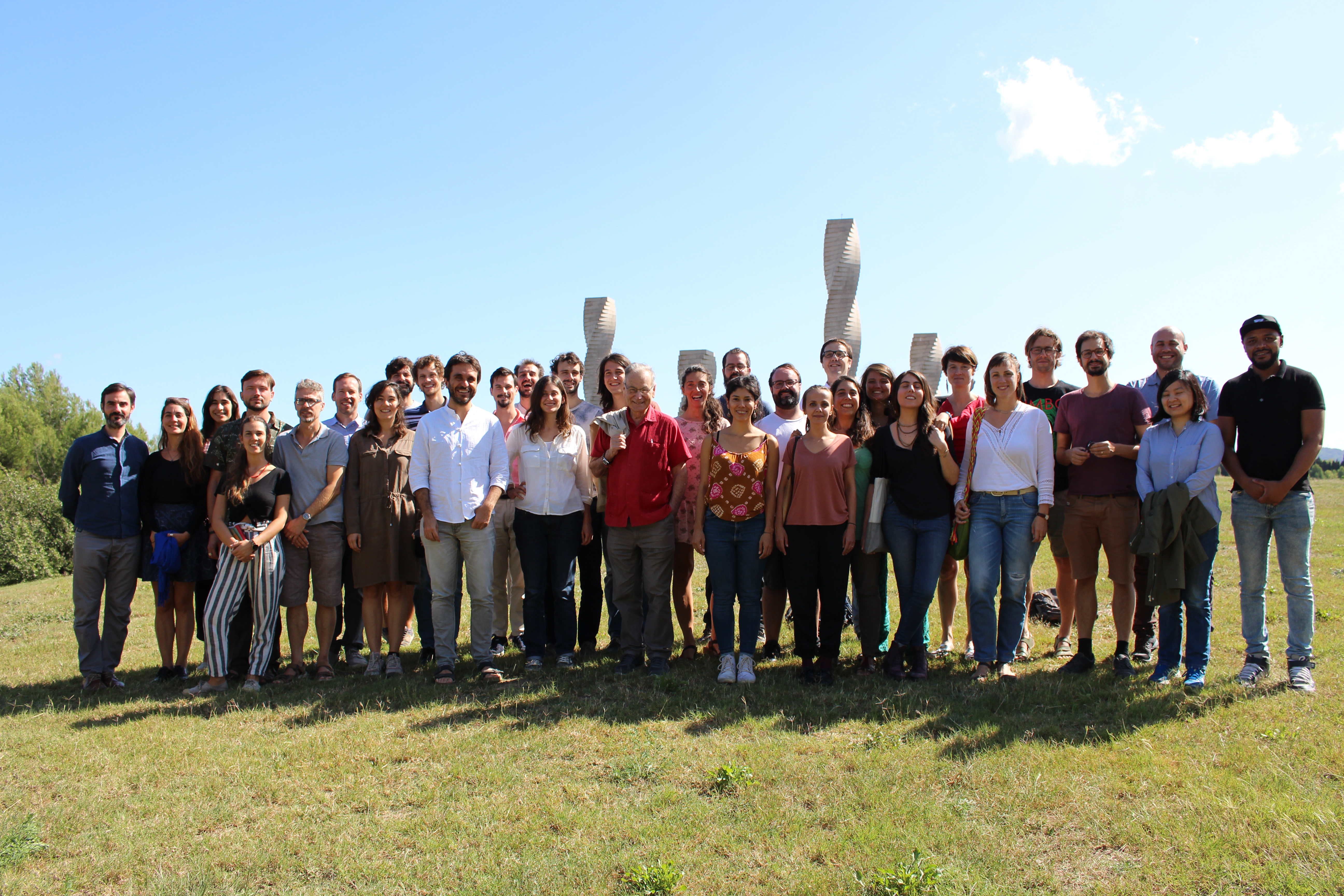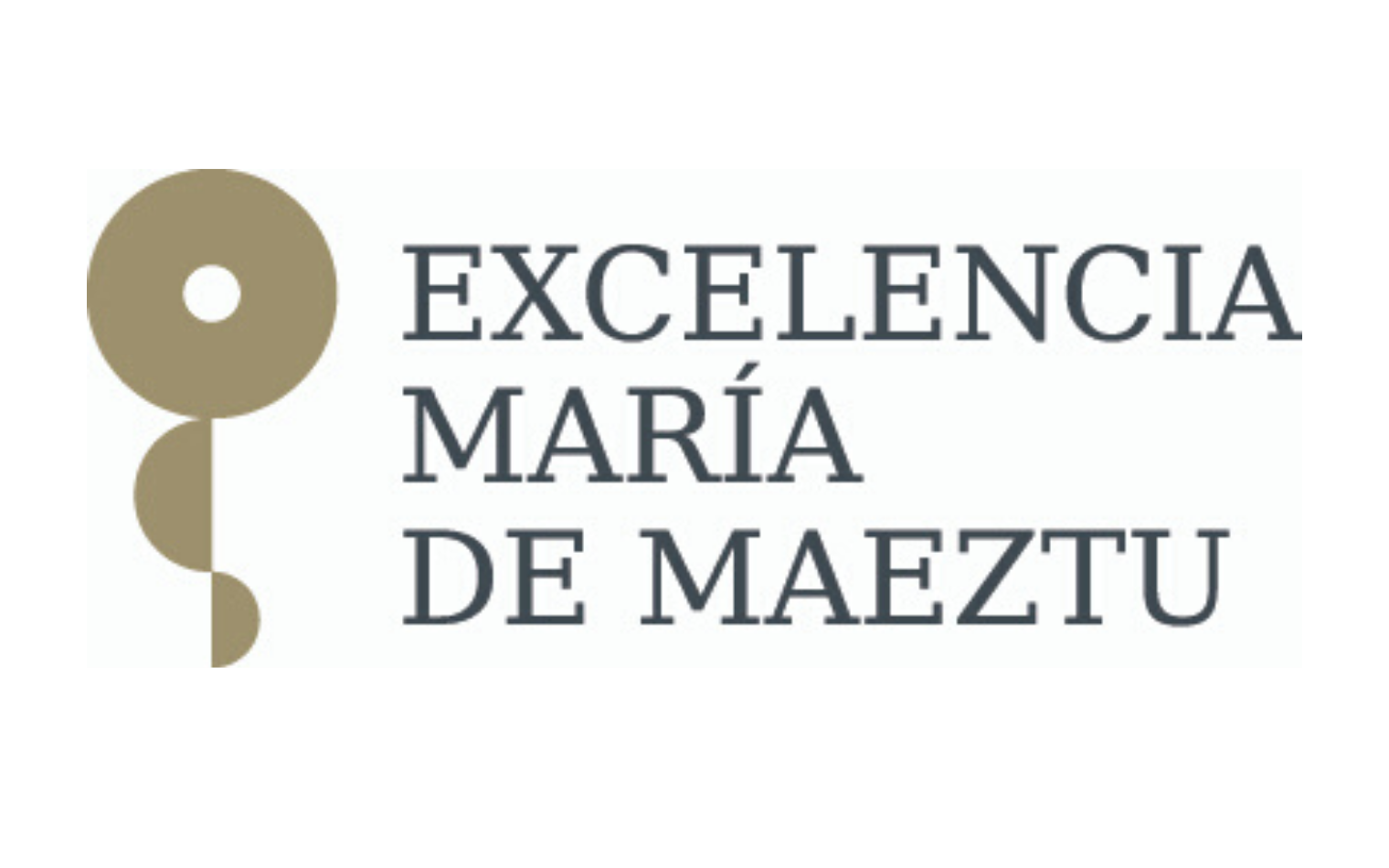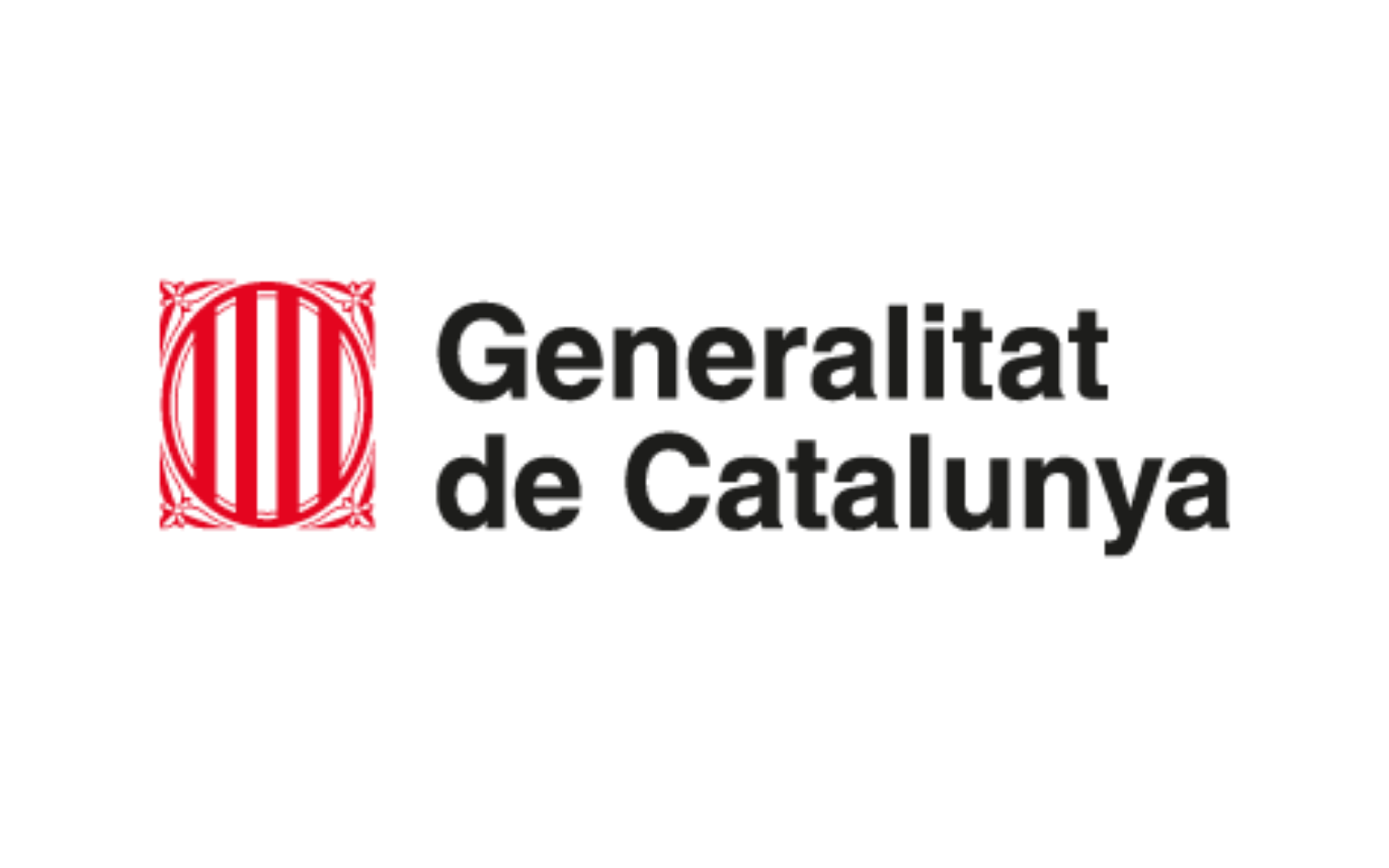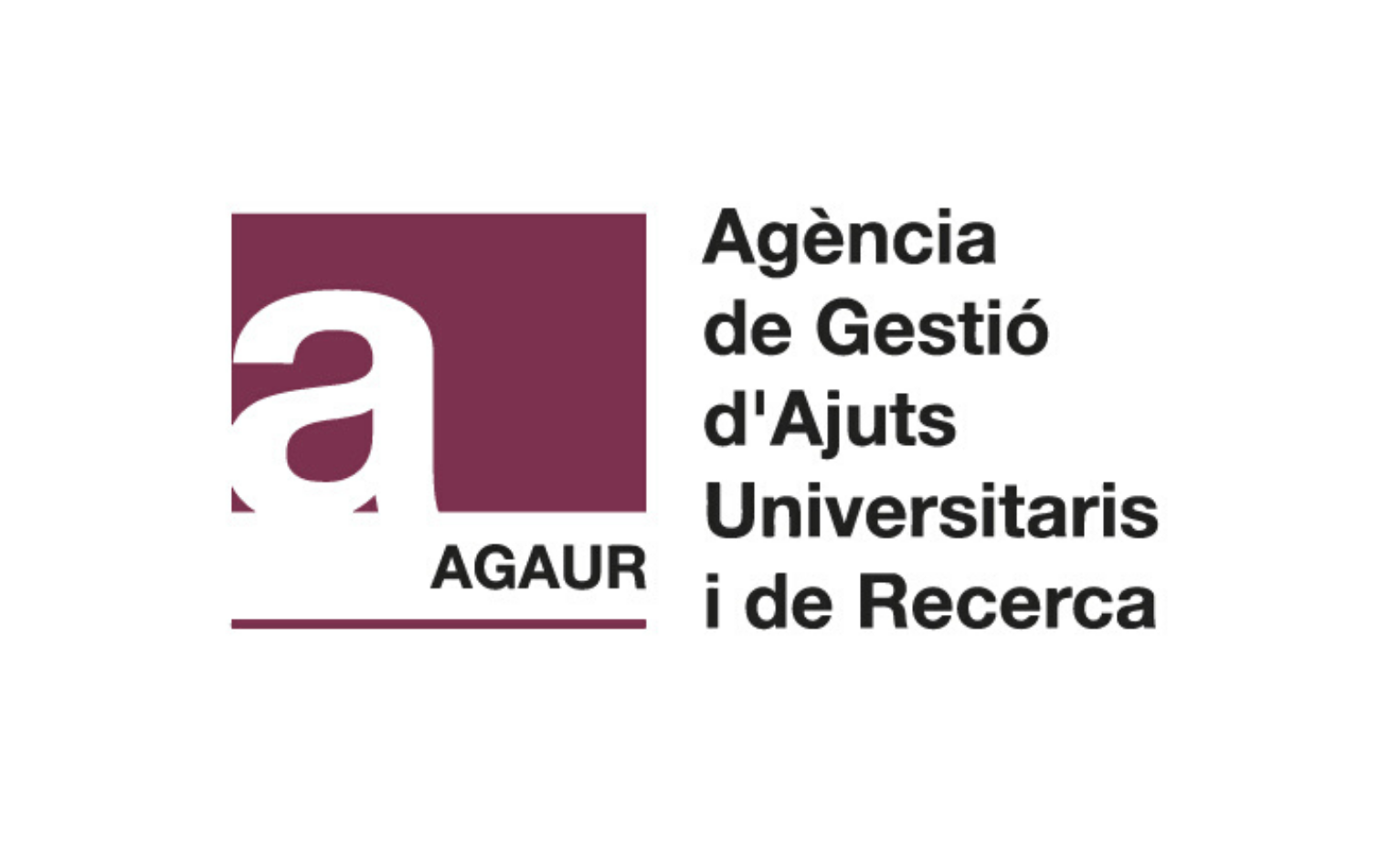The Ecological Economics group (Eco2Bcn) is a collaboration of researchers at the Institute for Environmental Science and Technology (ICTA) within Universitat Autonòma de Barcelona (UAB). Ecological economics is the interdisciplinary science of the study of sustainability. Our mission is to develop, apply and disseminate critical knowledge necessary for understanding causes and solutions to environmental problems — linking them to economic systems and policies that create or address these problems. We combine ecology with insights from economics, sociology, psychology, geography, planning and policy science.
Eco2bcn represents one of the very early research groups of Ecological Economics in the world, founded by Professor Joan Martinez-Alier.
It was in Barcelona and at the UAB that in 1987 the first international conference of Ecological Economics was held, during which the International Society for Ecological Economics was launched. In 1997, our group’s activities were extended with a masters program on sustainability including a specialization on ecological economics, and a PhD programme in Environmental Science and Technology. Since 2018 our members developed a second masters program on political ecology with a specialization on degrowth and environmental justice.
Concepts and theories
The Barcelona group of ecological economics has developed core concepts and theories of ecological economics, such as ‘ecological distribution conflicts’ and ‘the environmentalism of the poor’, ‘ecological debt’ and ‘societal and environmental transitions’.
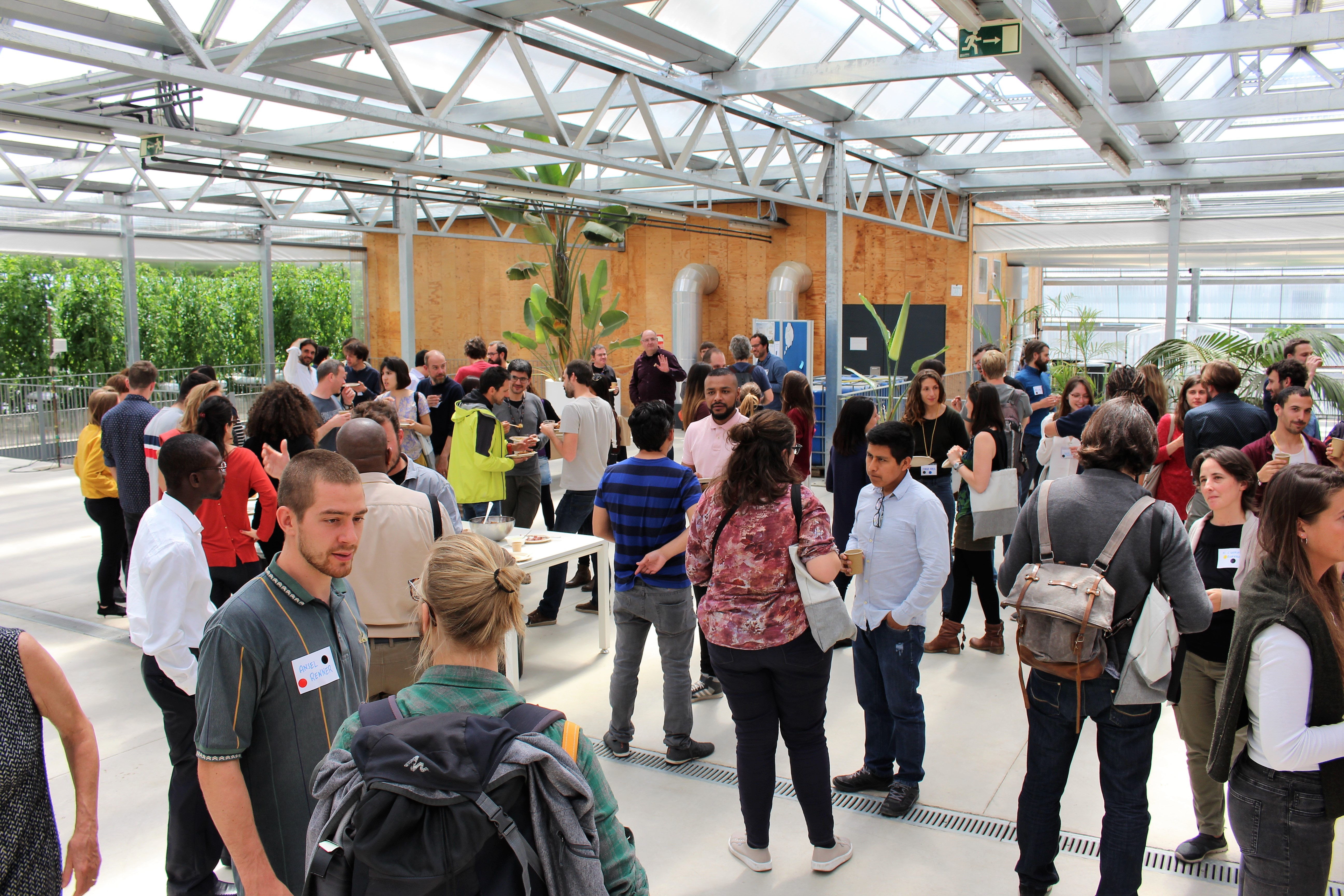
The community
Our group includes six faculty members, 16 post doctorate fellows, and 16 PhD students, two thirds of our researchers being women. Our researchers are involved in several projects funded by national and international bodies. We are especially proud to count with two advanced and one starting European Research Council grants.
Impact
The research of our group aids environmental policy, in issues such as a carbon prices and tax or working hours reduction. We have worked with the European Parliament to organize debates on a transition to a post-growth economy.
Our work also informs local processes. Our members are currently working with the municipality of Barcelona testing the wellbeing effects of a basic income policy. We help improving the design and location of green areas in the city. We have also received funding from the Barcelona City Government (UPF Political Economy Chair) to map and analyzed pro-commons initiatives in the Metropolitan Area of Barcelona. And we are also working with Catalonia’s association of small villages (Associació Catalana de Micropobles), which represents hundreds of municipalities with less than 500 inhabitants, to devise policies for their repopulation and sustainability.
We work closely also with communities affected by environmental problems and have developed the Environmental Justice Atlas, a unique global registry of environmental conflicts all over the world.
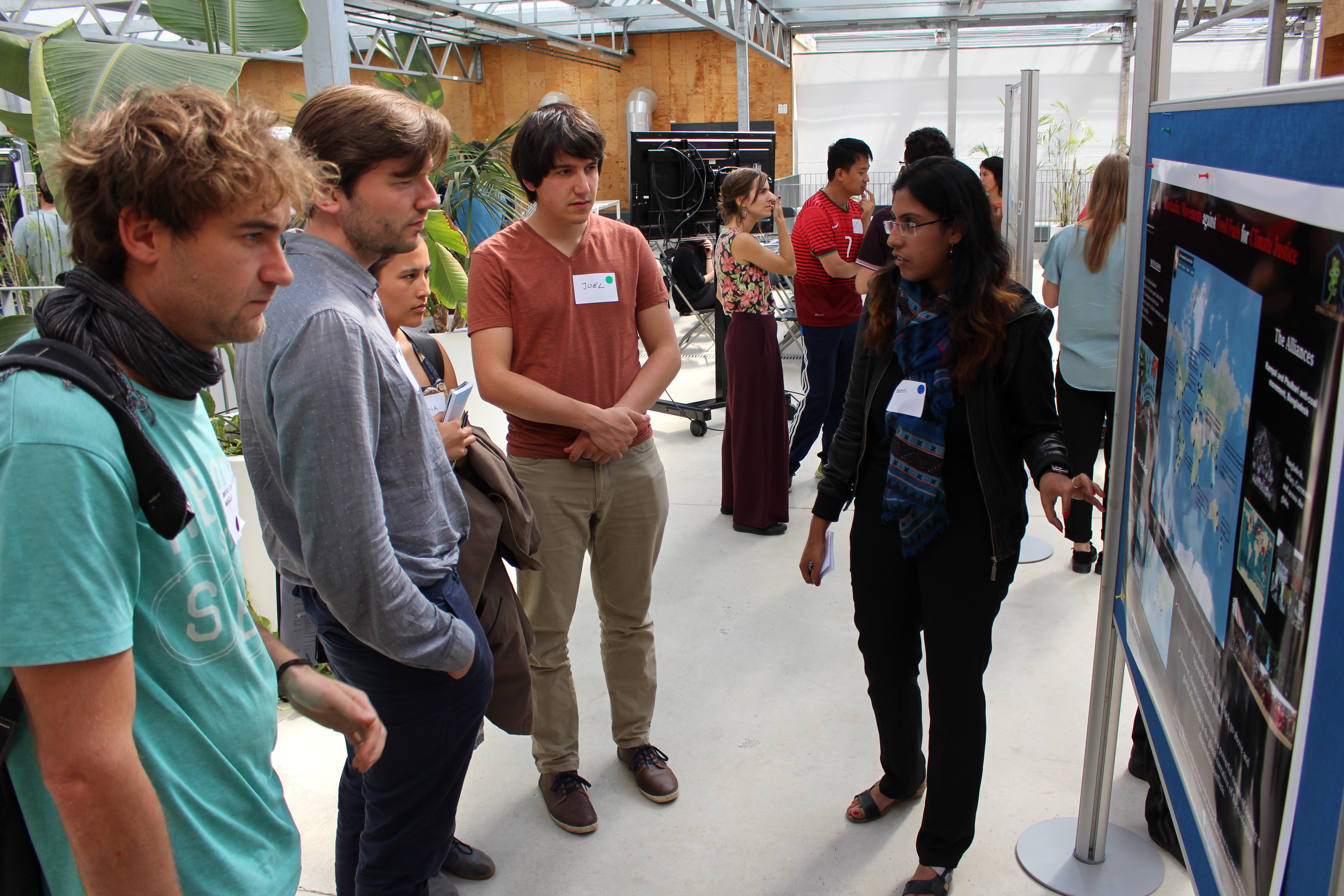
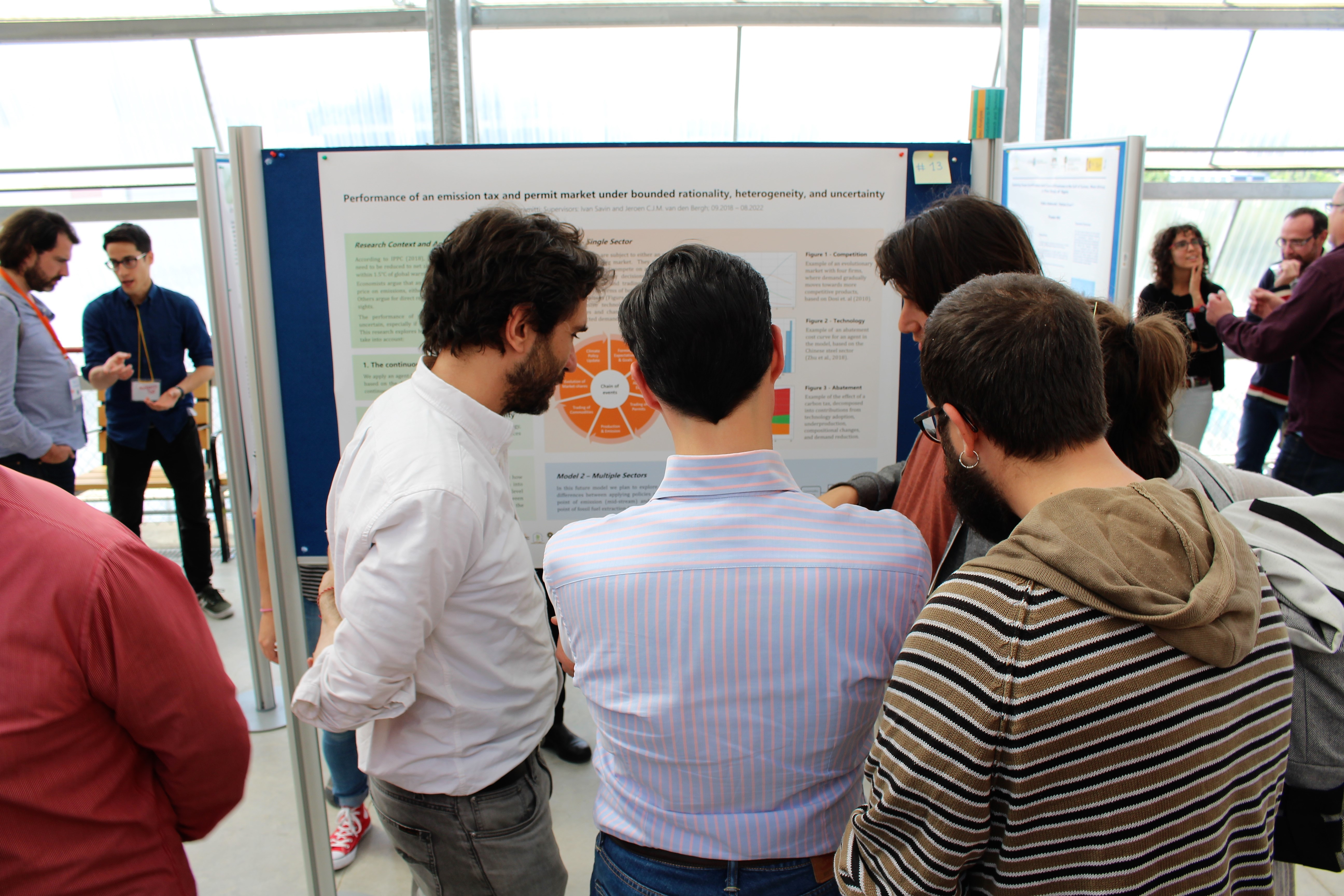
Research objectives
The objectives of our research for the next years are to:
Urban Greening
Study the effects of urban greening on social equality, especially access to affordable housing.
Environmental Conflicts
Document the global distribution and causes of environmental conflicts over resource extraction and waste disposal.
The commons as an alternative to growth-based development
Understand how and why new solidarity commons emerge, how they are sustained and how they might be scaled up and provide alternatives to growth-based development.
Migration
Study the effects of international and internal migration on the revitalization of the countryside, paying special attention to small villages.
Climate Policy Options
Advance the evaluation of climate policy options, especially carbon pricing, with the use of a novel behavioral-evolutionary framework and questionnaires among stakeholders and the general population.
Funding
Eco2Bcn is integrated within ICTA’s ‘Maria de Maeztu’ Unit of Excellence and benefits from the unit’s core funding. Our activities are supported by the Agència de Gestió d'Ajuts Universitaris i de Recerca of the Generalitat de Catalunya under the program Ajuts per donar suport a les activitats dels grups de recerca (SGR 2017-2019).

